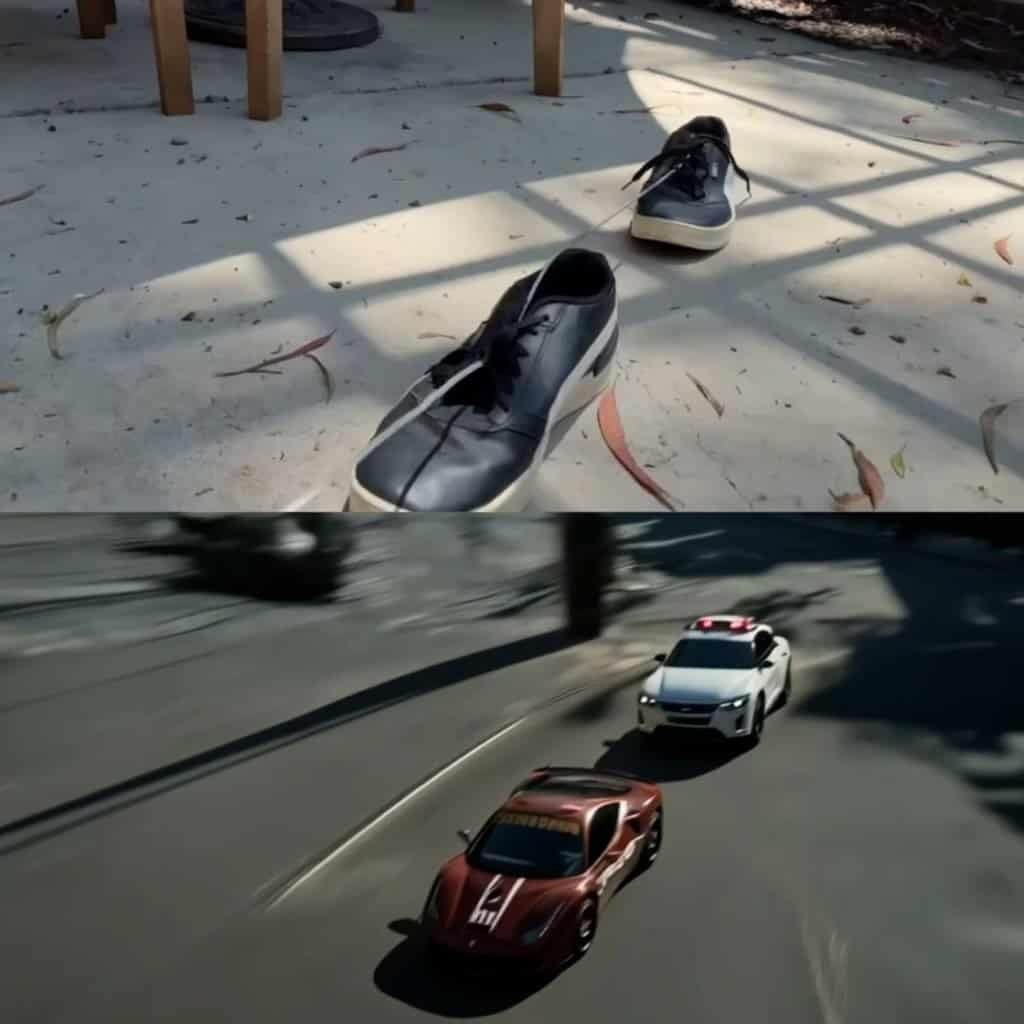Contents
Luma AI Expands into Hollywood with New Studio Initiative
The competition in the AI-driven entertainment industry is heating up as Luma AI, a company known for its innovative video generation tools, announces its expansion into Los Angeles. The move marks the launch of “Dream Lab LA,” a new studio space designed to bridge the gap between artificial intelligence and the film industry. This initiative aims to not only showcase Luma’s mission but also to recruit and train filmmakers on how to effectively use its cutting-edge tools.
Luma’s CEO, Amit Jait, emphasized the importance of integrating higher levels of intelligence into creative work. He stated that the company is committed to building tools that can enhance the creative process in the entertainment sector. As part of this effort, Luma has brought on board Verena Puhm, a producer and writer with experience at BBC and CNN, to lead the lab. Additionally, Jon Finger, an L.A.-based filmmaker, will serve as a creative workflow executive.
A Collaborative Space for Creatives
Dream Lab LA will function as a hub where creatives can come together to collaborate, co-work, and learn. The space will be designed to foster innovation and provide a platform for filmmakers to experiment with Luma’s tools. Puhm highlighted the importance of access, stating that the lab will offer a creative R&D environment aimed at educating both filmmakers and studio partners. She explained that the initiative is a two-way process, allowing Luma to gather insights on how to develop future tools tailored for Hollywood.
While the exact location of the lab has not been disclosed yet, it is expected to open this summer. This development is part of a broader trend in the film industry, where AI is increasingly being used to automate and digitalize the filmmaking process. Some critics argue that AI could eventually replace human-created content, but many see it as a tool that can augment the creative process.
Partnerships and Consumer Access
Luma has established informal partnerships with major Hollywood studios, allowing them to use its tools in production. Although much of this collaboration is still in the early stages, it is anticipated that AI will play a more significant role in future movies and TV shows. In addition to these industry partnerships, Luma also offers a consumer-facing model. The company provides a monthly subscription service for individuals who want to create their own AI-generated videos.
This approach aligns with other startups like Moonvalley, which recently announced its own consumer-focused model. Luma gained significant attention in early 2024 with the release of Dream Machine, a short-form video-generation tool that outperformed competitors like OpenAI’s Sora in terms of quality and flexibility. The company has since raised $100 million, including funding from Amazon, bringing its total investment to $173 million.
Multimodal Tools and Creative Possibilities
Luma has focused on developing multimodal tools that allow users to input audio and video prompts, rather than relying solely on text. This gives creators more control over the final output. One of the latest tools, Modify, enables users to transform ordinary footage into more elaborate scenes. During a video call, Finger demonstrated several examples, such as a woman in a modern garage transforming into a rider in a Western town, or two men at a backyard table appearing in a Medieval alehouse. These capabilities could significantly reduce the cost of producing period films and other complex scenes.
The Future of AI in Hollywood
While there is no doubt that AI tools will become more prevalent in Hollywood, the question remains which companies will emerge as leaders in this space. Luma faces competition from other startups like Runway AI, which has formal agreements with several Hollywood entities, as well as established players like Google’s Veo line, which has been trained on extensive video data and has shown impressive results.
The legal landscape surrounding AI in the entertainment industry is also evolving, with ongoing debates about copyright and intellectual property. Recent lawsuits, such as Disney’s case against Midjourney, highlight the challenges faced by AI developers.
Jait believes that AI tools have the potential to revolutionize the film industry by increasing the volume of productions and opening up new possibilities for groundbreaking work. He pointed out that current practices, such as updating ad creative every six months, could be drastically improved with AI. “Why are you making 5 movies a year when you should be making 50, you should be making 100?” he asked. “This changes the economics so drastically.”




